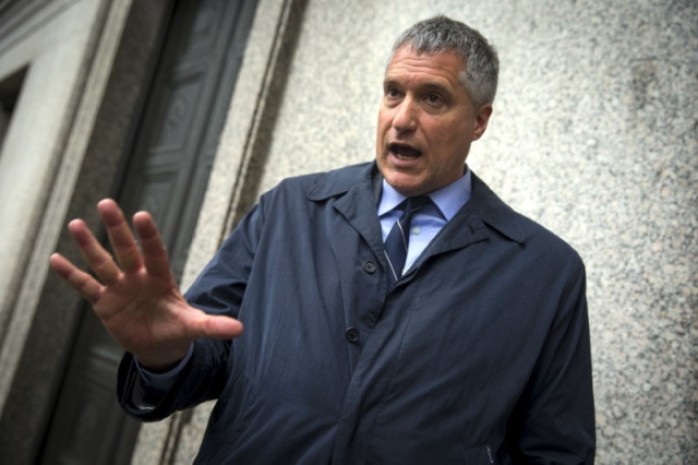
Forbes 08/03/2021

Chevron vs. Donziger: Another Victory For Chevron, Reports To The Contrary Notwithstanding / Foto: Juicio Crudo
On March 4, 2021, the Second Circuit Court of Appeals rendered a decision on seveal appeals filed by Steven Donziger, the now-disbarred attorney who had obtained a mammoth judgment against Chevron CVX +1% in Ecuador after bribing the Ecuadorean trial judge and ghost-writing his opinion.
To recall (for details see earlier Forbes columns of mine), seven years ago, after a seven-week trial, the federal District Court for New York’s Southern District entered a final judgment under the Racketeer Influenced and Corrupt Organizations Act. The judgment awarded damages in the form of litigation costs and attorneys’ fees to Chevron, imposed a constructive trust for Chevron’s benefit on funds obtained by Donziger traceable to the Ecuadorian judgment, and enjoined Donziger from seeking to enforce the Ecuadorian judgment in the United States and from engaging in activities that would allow him to profit from the fraudulently procured judgment. The Second Circuit has already affirmed the RICO judgment, and the Supreme Court denied further review. [Chevron Corp. v. Donziger, 833 F.3d 74 (2d Cir. 2016), cert. denied, 137 S. Ct. 2268 (2017).] Following that RICO judgment, a supplemental judgment quantified the costs awarded to Chevron for successfully litigating the RICO action. Donziger appealed, contesting that calculation of costs. Donziger also appealed several of the district court’s civil contempt orders arising out of Donziger’s alleged violations of the injunction issued against him, when he continued to receive monthly retainer payments totaling over $1 million, drawn from funds largely raised by selling to investors contingent shares in any eventual judgment.. Finally, Donziger appealed the court’s judgment awarding attorneys’ fees to Chevron.
On March 4 the Second Circuit court concluded that the district court did not err in awarding costs to Chevron. With one exception, it also affirmed the district court’s finding that Donziger violated the injunction issued against him in several respects, and confirmed the civil contempt condemnations relating to those violations.
On one issue the Second Circuit held that a very clear part of the injunction prohibiting Donziger from raising funds abroad by selling interests in the fraudulent Ecuadorian judgment had been rendered slightly ambiguous by the district court’s subsequent explanation of that injunction. The plain language of the injunction by the District Court was legal and clear. Paragraph one imposed “a constructive trust for the benefit of Chevron on all property . . . which Donziger [had or would obtain] . . . that is traceable to the [Ecuadorian] Judgment or the enforcement of the Judgment anywhere in the world.” Donziger may not profit from selling any interest he might have in the Ecuadorian judgment because such funds would be “traceable to the [j]udgment,” id., and subject to the constructive trust. Paragraph five forbade Donziger “from undertaking any acts to monetize or profit from the [Ecuadorian] Judgment . . . including without limitation by selling, assigning, pledging, transferring or encumbering 31 any interest therein.” The Circuit Court majority would have found Donziger liable for contempt for violating those two clear paragraps were it not for a subsequent statement by the trial court that might, perhaps, have injected ambiguity into the prohibition.
VMware BRANDVOICE | Paid Program
UNICEF USA BRANDVOICE | Paid Program
Civic Nation BRANDVOICE | Paid Program
A vigorous dissent denied that there was any ambiguity, and that Donziger was clearly in contempt of court on all alleged counts. Remarkably, the majority conceded that the dissent’s argument was “reasonable,” but it gave Donziger the benefit of the doubt.
So let’s recap the contents of this decision:
Notas relacionadas